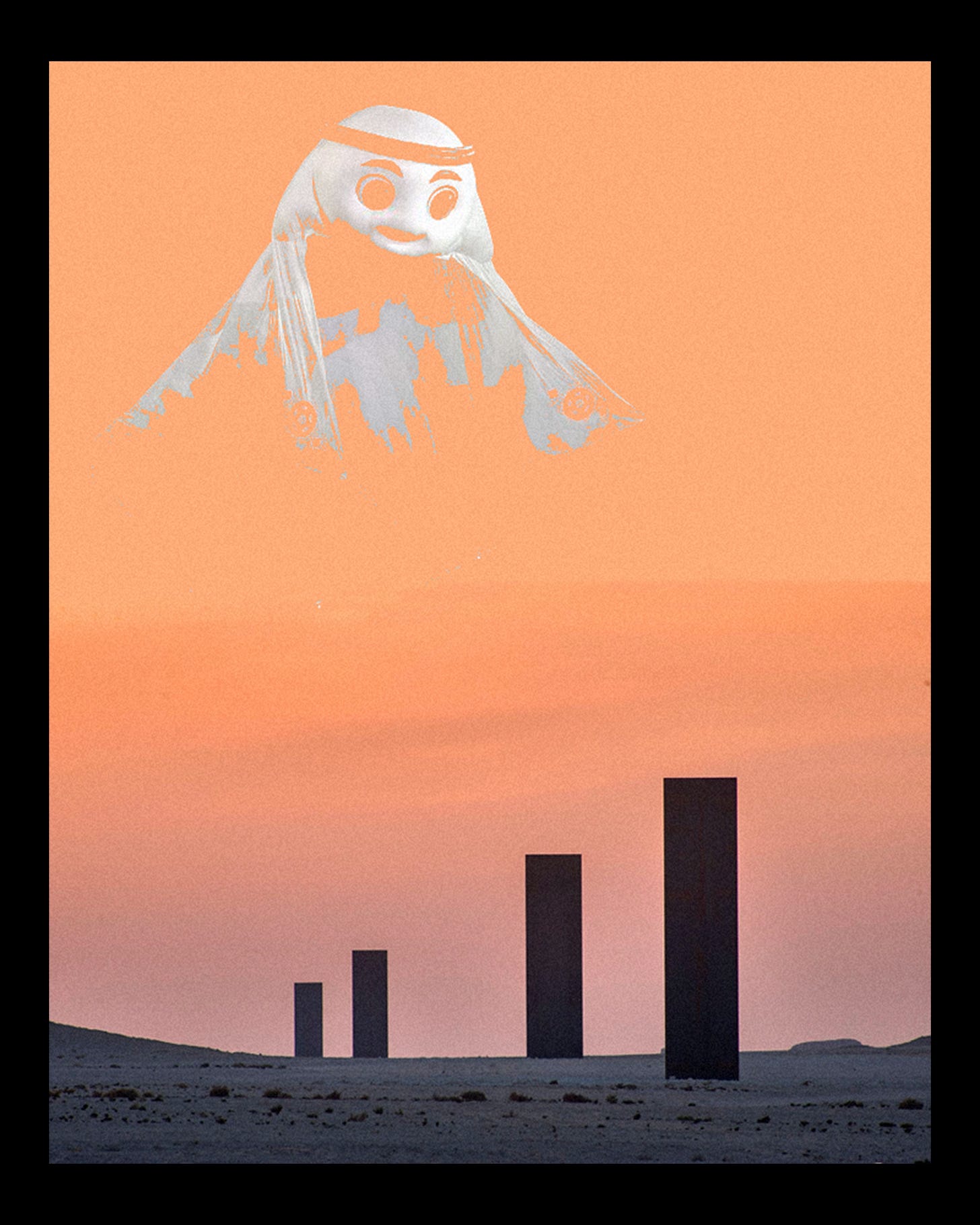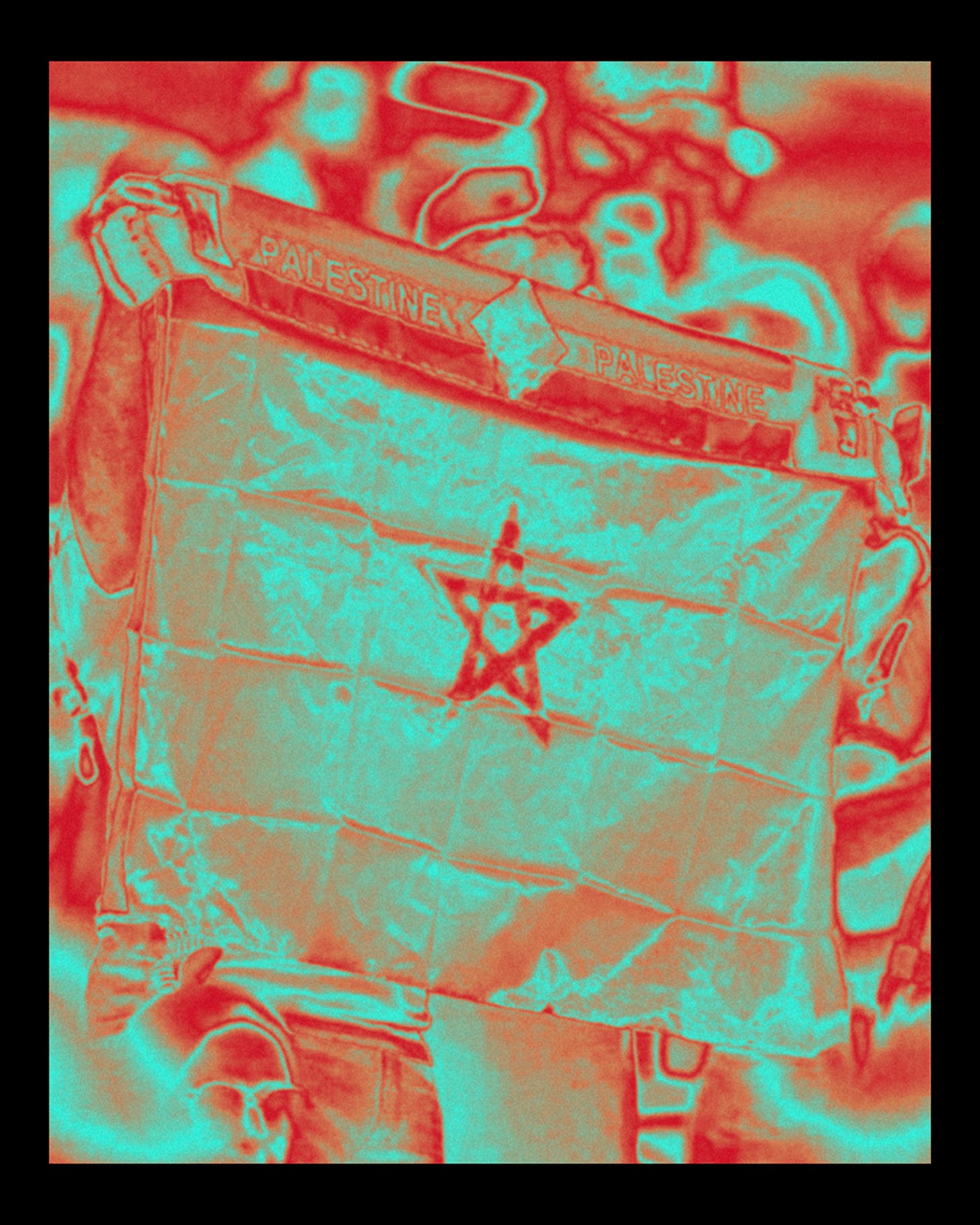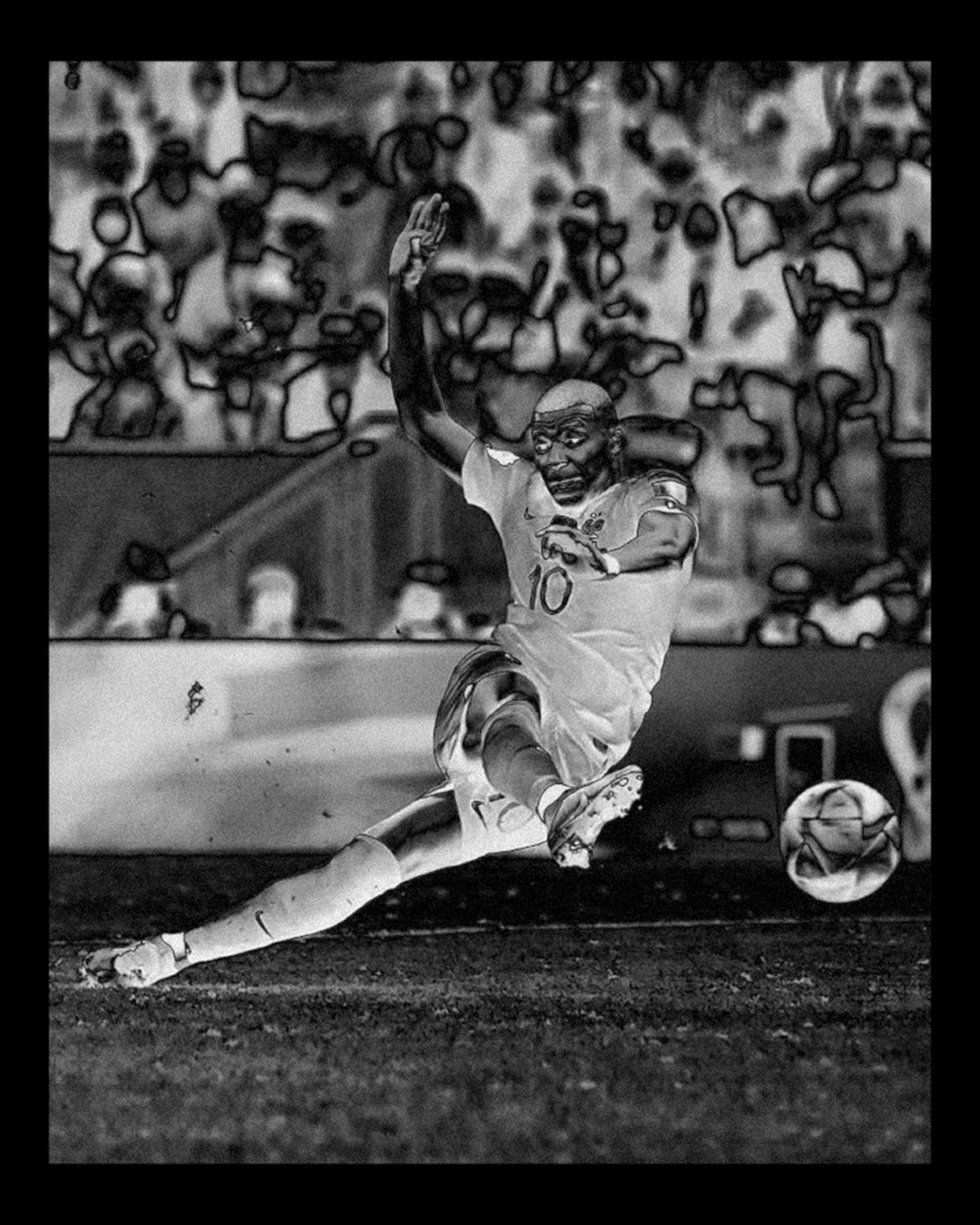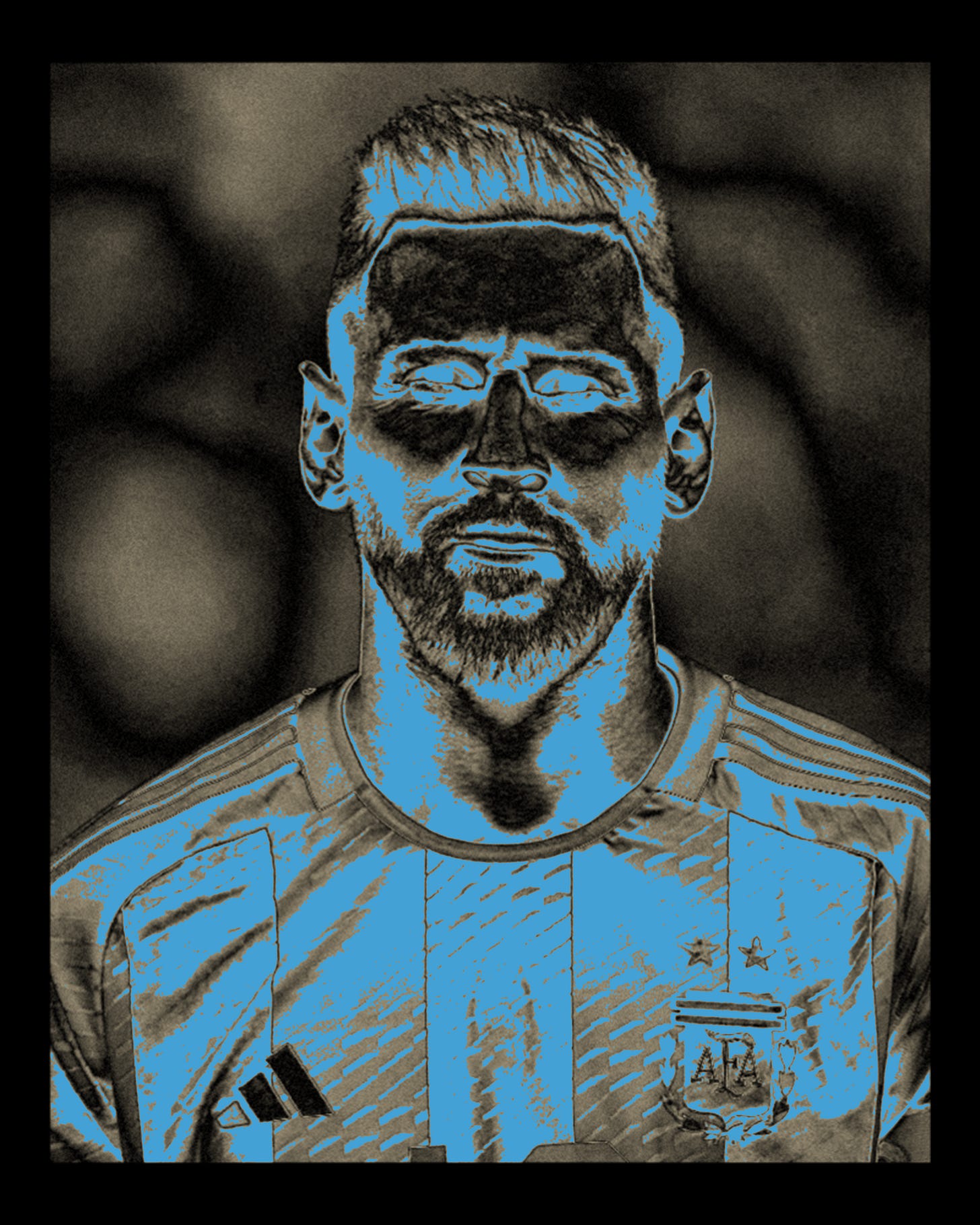Look, you bribe FIFA officials for a reason. You spend $220 billion on infrastructure for a reason. You kill thousands of migrant workers for a reason.
Qatar made FIFA, the purported caretakers of the global game, bend to its every whim. They quashed “pro-inclusion” demonstrations by nearly the entire European Union. They tore up an advertising agreement with an American brewing company that does $52 billion a year in revenue on the eve of the competition with no warning. They ensured protests on the fields and in the stadiums lasted no longer than a day. It was an outsized display of power by a nation with a population roughly the size of Chicago.
The nefarious details will largely be forgotten, they always are. There’s a shockingly brief collective memory, mostly by design. Hell, it started happening while the games were being played. Fox’s coverage in the United States was functionally state-sponsored media for Gianni Infantino’s party line that we want to concentrate on something we love, on sport, and not the difficult things in life.
Qatar will always be remembered as the World Cup where Messi stepped out of Maradona’s shadow. Its final will always be remembered as a spectacular display—maybe the competition’s finest—of two artists, both of whom play for a club owned by Qatar Sports Investments. Its knockout round will always be remembered for Morocco and for Croatia, two nations with similarly instructive blueprints on how to compete with the world’s historical powers.
It’s always worth it in the end.
As usual, there were empty gestures toward progress—suits of all flavors vaguely waving toward a perpetually distant future they don’t actually care to see. These are the formalities that come along with accepting bribes to award the World Cup to a country with a long list of human rights grievances, which is most of them.
FIFA approved armbands with powerful messages like “#BringTheMoves” after sanctioning equally hollow ones adorned with “One Love” and a heart-shaped rainbow in name only. In response, Germany, four years removed from its own racism scandal, covered their mouths to suggest one of UEFA’s most powerful and most successful federations was being silenced—a gesture so vapid you’d never have expected it to cause the locker room schism that it did.
The United States, paragons of women’s rights, stripped the Iranian flag of its National Emblem and the Takbir on social media posts in what it called a show of support for the nation’s women. Admittedly it was a welcome reprieve from its standard fare of coups and sanctions.
Morocco, on the other hand, spent the entirety of the tournament draped in the Palestinian flag, inspiring even the blokes to cheer for a free Palestine.
And Iran, a team with only two players in Europe’s big five leagues—materially more precarious, professionally and personally, than all the countries whose protests never made it out of the planning stage—remained silent during the country’s national anthem in protest of the murder of Mahsa Amini and the fallout since. This, after wearing black jackets over their jerseys two months prior and after Sardar Azmoun said backlash to protesting would be a small price to pay for even a single strand of Iranian women’s hair.
"In the name of God, creator of rainbows," Iran’s captain Ehsan Hajsafi said in his press conference before playing England, a reference to a young boy killed by Iranian security forces. “I want to say condolences to all the grieving families in Iran. We want them to know we are with them and by their side and share their pain.”
Où est Mbappé? Someone said it. Maybe several someones said it. Maybe it rang off the walls in a café in Bordeaux, or it echoed throughout a street in Lyon, or it swelled inside a suburb in Paris. Where is Mbappé?
He was mostly an observer for eighty minutes. He strung together a few passes and hit one shot that was a formality, to put it kindly. We would’ve talked about his evening as nothing more than an esteemed guest if matches were ten minutes shorter. Mbappé c'est un fantôme.
Ah, there he is. First a penalty, then a volley. Two minutes was all it took to rewrite fate. He almost won it for France on three different occasions before Szymon Marciniak blew his whistle for extra time. Argentina was almost there, then Mbappé decided otherwise.
He’d do it again thirty minutes later. Messi, again, won it for Argentina, and Mbappé, again, willed something else into existence. He even stepped up to take France’s first penalty kick and scored it. Four goals in forty minutes—it was one of the finest displays the competition’s ever seen. Et ce n'était pas assez.
The pleasure of watching Messi is very simple: he will, inevitably, do something you’ve never seen before. A shot that sneaks through a window like a winter chill. A pass into a space of his own making with a part of the foot you’d only discover on accident. A movement that, unbeknownst to everyone but him, will create an opening in juuust a second. He can create the extraordinary at any moment.
There’s no argument left, if there ever was one. He played every minute. He was a spectacular Wojciech Szczęsny save away from scoring in every game. It was the most impressive month of a career with about a hundred you could choose from. He is peerless, past and present, and, for the first time, he did something he’s never done before.
No posts



